Georgia: The "Foreign Agents" Law and Its Consequences According to an Expert
In an interview with DW, Stefan Malerius, a representative of the Konrad Adenauer Foundation in Tbilisi, discussed the protests against the draft law "On Transparency of Foreign Influence," Georgia's prospects for EU membership, and the role of Bidzina Ivanishvili in the current events.
World
02.07.2024, 11:11
Share:
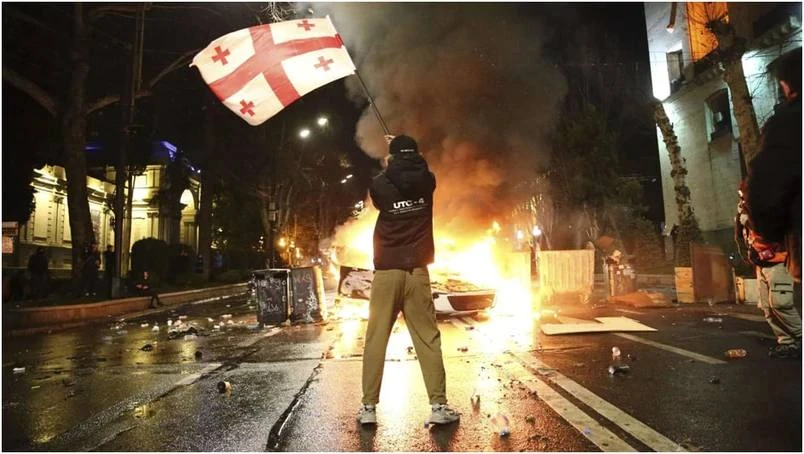
Georgia: The "Foreign Agents" Law and Its Consequences According to an Expert
Protests in Georgia
The Georgian parliament has reviewed the draft law "On Transparency of Foreign Influence" in its second reading, which is similar to the Russian "foreign agents" law, sparking mass protests. Stefan Malerius from the Adenauer Foundation in Tbilisi compared the situation to the Euromaidan protests in Kyiv, noting that in both cases, the demonstrations are against Russian influence and for a pro-European course. However, he pointed out that there are no tent camps in Tbilisi, and the protests are predominantly youth-driven.
Motives of the Georgian Government
Malerius emphasizes that the Georgian government's attempts to pass the law raise many questions. The government lacks obvious internal political motives: the ruling party leads in polls, and the opposition is weak and fragmented. The draft law is causing societal division, which is particularly noticeable against the backdrop of recent national unity over the EU candidate status and successes in sports.
Among the reasons for the law's support, Malerius sees possible influence from Moscow, noting that Bidzina Ivanishvili, the presumed key decision-maker in Georgia, might be acting under pressure from the Kremlin.
The Law and Its Impact
The "On Transparency of Foreign Influence" law requires all NGOs receiving more than 20% of their funding from abroad to register. Malerius rejects the notion that the law targets Russian NGOs, pointing out that the government already controls these organizations. Instead, the law appears aimed at Western-funded NGOs, reflecting the authorities' desire to increase control over civil society.
Impact on Euro-Atlantic Prospects
The Georgian government likely faces significant pressure from Russia, forcing it to jeopardize the country's European prospects. According to Malerius, Western response is crucial, as supporting the protesters could halt further authoritarian measures by the government.
Future of Georgia
If the law is passed, the EU will closely monitor its implementation and the upcoming elections in October. Malerius warns that if the elections are not free and fair, the EU might freeze Georgia's accession process, putting it in a situation similar to Turkey. However, Europe is interested in supporting Georgia and keeping it aligned with the West, given the strategic importance of the South Caucasus.
In the coming weeks, it will become clear how the law will affect Georgia's status in its relations with the EU.
Latest news

Paradigma Media Honors Eight Voices in Journalism and Civil Society
Cultural
02.02.2026, 19:18

Canadian singer David Carroll addresses Uzbeks
Uzbekistan
25.10.2025, 14:19

Man Caught Smuggling 5.2 Billion UZS Worth of Gold Jewelry from Kyrgyzstan into Uzbekistan
Uzbekistan
18.07.2025, 10:07

Are the Taliban's actions in Badakhshan part of their foreign policy tactics?
World
15.07.2025, 10:57
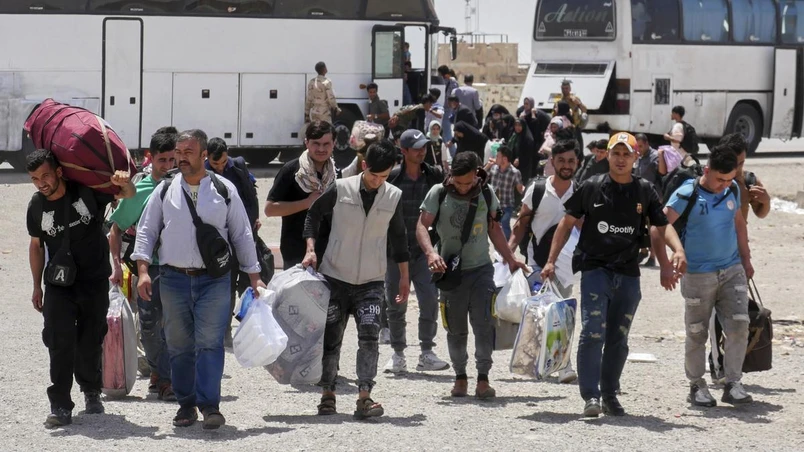
Iran and Afghanistan: A New Wave of Deportations
Politics
11.07.2025, 12:20
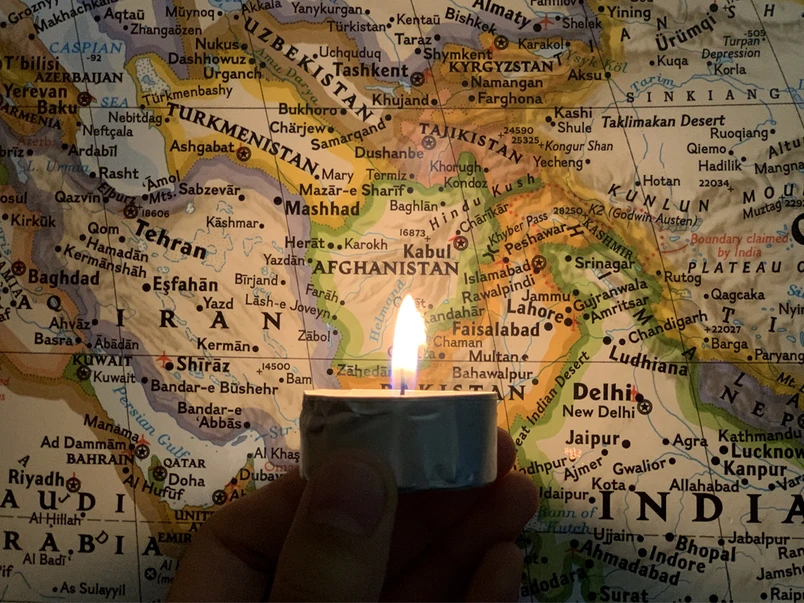
Afghanistan on the Geopolitical Chessboard of the Middle East
World
01.07.2025, 13:07

The Impact of India’s Nationalist Policy on Domestic Political Stability and Territorial Integrity
Politics
30.06.2025, 11:38
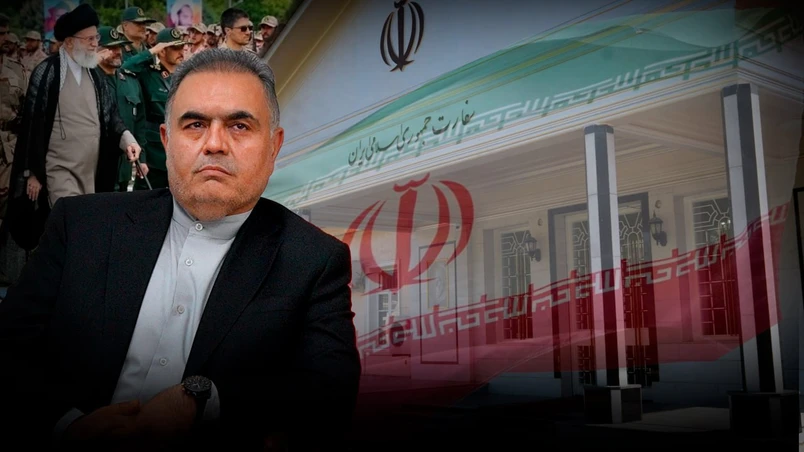
Embassy Statement: The U.S. and Israel Bear Full Responsibility for All Such Conflicts
Politics
25.06.2025, 13:18
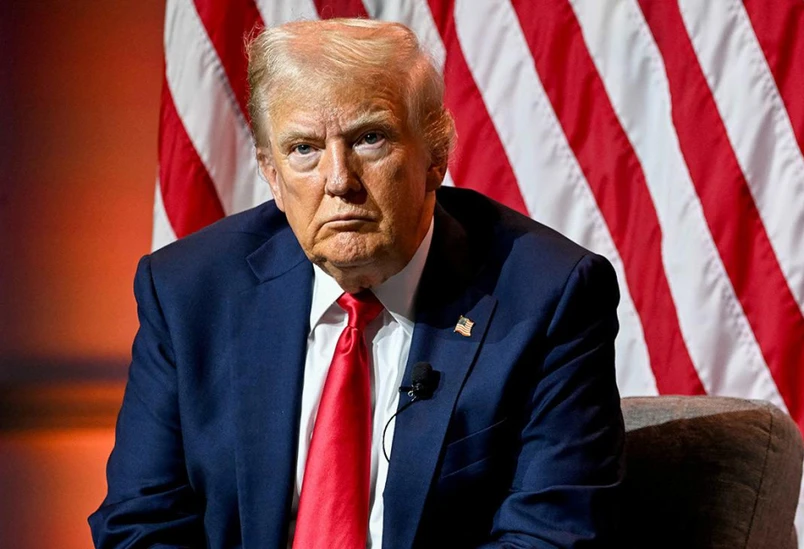
Trump Calls for Iran’s Unconditional Surrender – NYT
World
18.06.2025, 00:53

G7 Fully Supports Israel – Media Reports
World
17.06.2025, 14:44
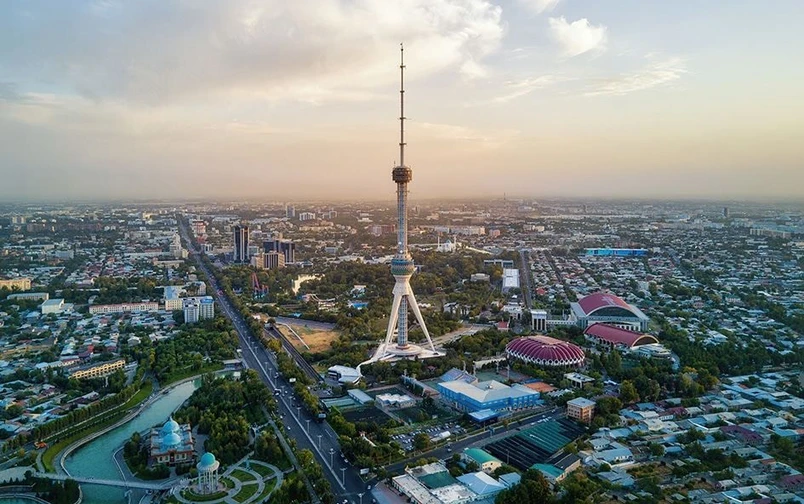
In Afghanistan, Abandoned by NATO and the U.S., Uzbekistan Implements a New Strategy
Politics
09.06.2025, 15:47

Eric Meyer, Senior Official of the U.S. Bureau of South and Central Asian Affairs, to Visit Uzbekista
Politics
09.06.2025, 13:53


